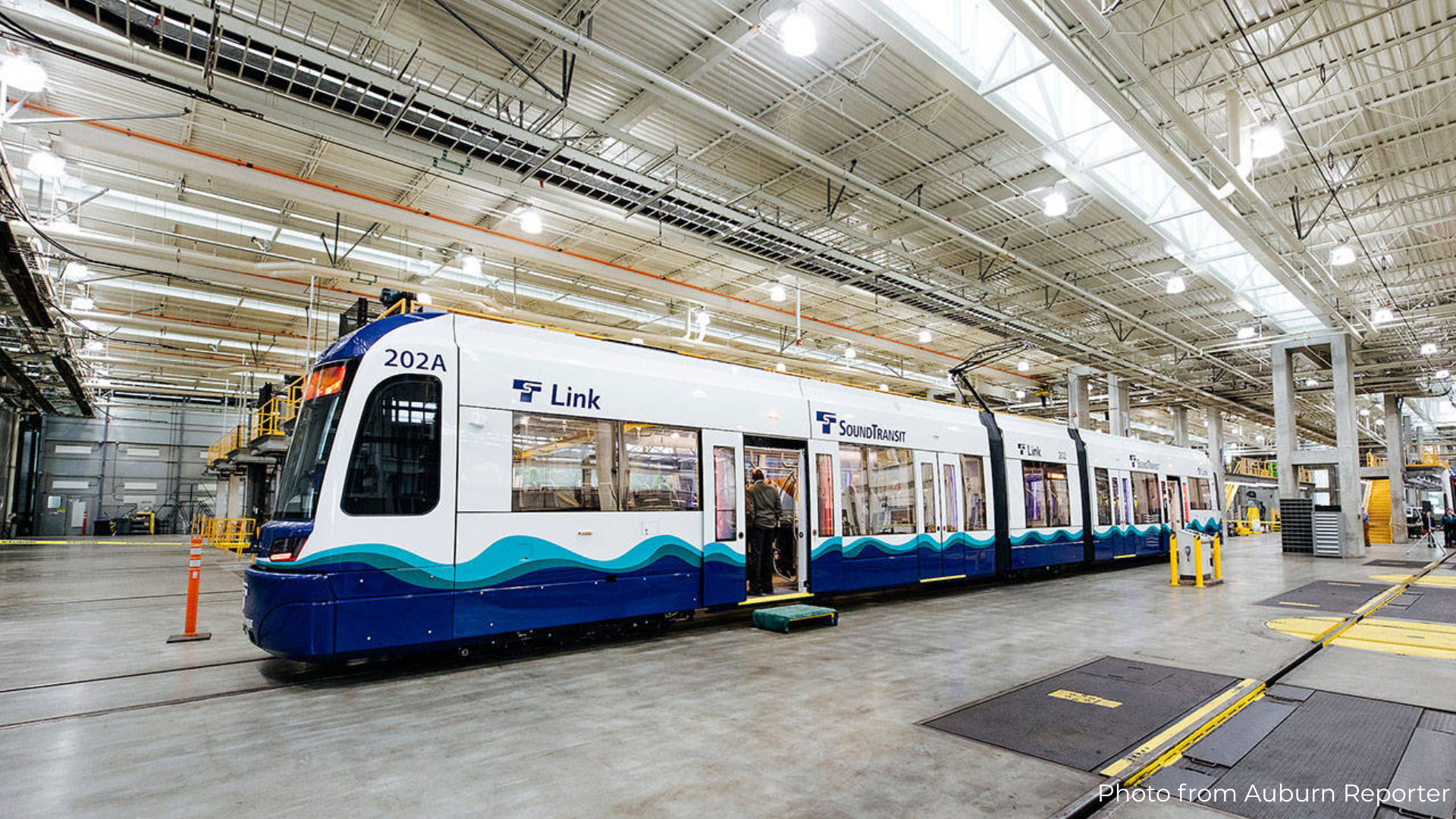The Washington State Transportation Commission (WSTC) announced they have received the full $5.525 million federal grant for which they applied last year to conduct additional research and analysis of the Road Usage Charge (RUC).
The WSTC, at the direction of the legislature, will dive deeper into challenges they uncovered during the 2018 Road Usage Charge Pilot Project.
The grant will fund the follow activities:
- Understanding how a RUC would impact electric vehicles, autonomous vehicles, and ride-share vehicles (TNCs). The purpose of including TNCs in this, according to the Commission, is to better understand how “new mobility” like TNCs will impact how much everyone drives, and how that would, in turn, impact future revenue.
- Identifying disparate impacts of a RUC on communities of color, low income families, and other vulnerable populations.
- Adding new ways to collect mileage information from the public, including in-vehicle telematics and an improved smart phone app. A pay at the pump option likely will not be explored since the Commission recommended focusing on vehicles that rarely, if ever, go to the pump.
- Studying ways to reduce the high cost of administering a RUC.
- Creating a phase-in plan for Washington that includes all of the above.
- Conducting a small-scale test of new mileage reporting methods, while taking into account all of the above elements (equity, TNCs, reduced administration costs).
- Creating a “roadmap” of how Washington and other states “can right-size a RUC policy and system to fit their circumstances).”
I asked the Commission if they plan to study how a RUC would impact small businesses with multiple vehicles under 10,000 pounds, as no fleets were recruited during the 2018 pilot. The Commission stated that they “know that mileage reporting methods need to accommodate businesses, so at some point it’s certainly possible we will take a look at the impacts.”






